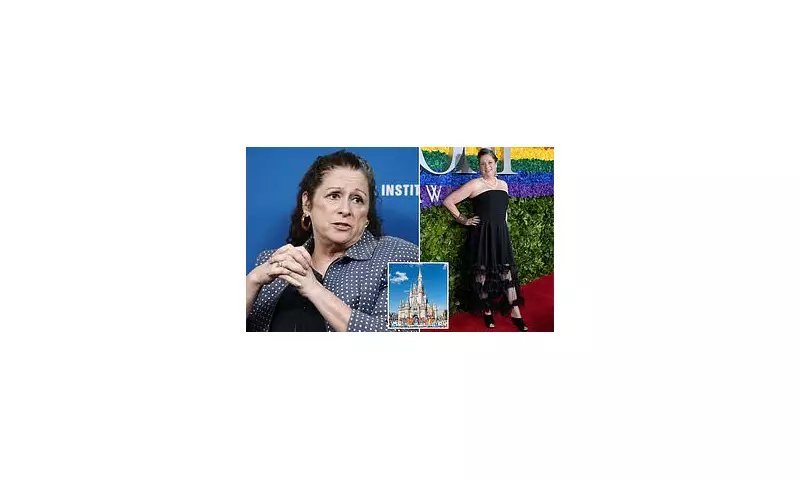
Abigail Disney, the 65-year-old granddaughter of Walt Disney's brother Roy, has made a powerful demand to US lawmakers: increase taxes on millionaires like herself. Speaking at the Patriotic Millionaires conference in Washington DC, the documentary filmmaker argued that extreme wealth concentration harms society and that the affluent can easily afford to contribute more.
A Moral Argument for Tax Reform
During her appearance on Capitol Hill, Disney addressed White House officials and fellow wealthy attendees with a straightforward message. 'We can afford to pay more in taxes,' she stated unequivocally in a subsequent interview with Time magazine. 'We don't need any more money. We can see that pretty clearly.'
The heiress, whose net worth approaches $120 million, expressed frustration with the current system. 'This is absurd. Can we not all agree that there is a point at which there's too much money?' she questioned, highlighting what she sees as obvious excess within America's wealthiest circles.
Concrete Proposals for Change
Disney presented specific policy recommendations that directly challenge current tax structures. Her proposals include implementing a surtax for individuals earning over $1 million annually and eliminating taxes on the first $45,000 of income for working-class Americans.
She also advocated for higher taxes on companies that pay low wages, ensuring businesses cannot profit more from underpaying workers than they pay in taxes. Additionally, Disney insisted that income from investments should face the same tax rate as income from labour, arguing that the current system unfairly rewards passive wealth accumulation.
'When I get capital gains, it's because I'm sitting on my tuchus. I mean, it's literally the opposite of taxing work,' Disney remarked, using the Yiddish term for one's rear end to emphasise her point.
The Human Cost of Wealth Inequality
Disney drew attention to stark contrasts in American society, noting that the United States has the world's largest billionaire class while 40% of its population - including 49% of children - live in poverty or with low income. She highlighted the troubling situation of Disney employees at California theme parks who had to organise food banks for coworkers struggling with low pay, despite the company's limited contributions to county food banks.
The heiress revealed that the wealth gap has begun to affect her sense of security. 'For the first time in my life, I have begun to worry about my own safety and wonder if my family will be safe,' Disney wrote. She warned that when violence becomes the only recourse for desperate people, the wealthy will have only themselves to blame.
Disney frequently connects wealth inequality to the climate crisis, noting that the average billionaire creates in 90 minutes the same volume of greenhouse gases the average person produces in an entire year. She criticised the excessive consumption of the wealthy as 'putting us all at risk' and dismissed space exploration as a solution to environmental destruction.
The filmmaker has openly grappled with her inherited privilege, confessing in a 2022 Rolling Stone interview: 'I woke up one day and realized that, just by virtue of being born lucky, I had so much more than everyone else. I don't think I've slept well since I figured that out.'
At last month's IMF/World Bank annual meeting, Disney reiterated her core message: 'There is such a thing as too much money and it's bad for the world for sure, but it's also bad for the people who own it.' She described extreme wealth as 'painful, soul-crushing, alienating, and morally corrosive,' offering a rare insider's perspective on the psychological toll of vast fortune.





